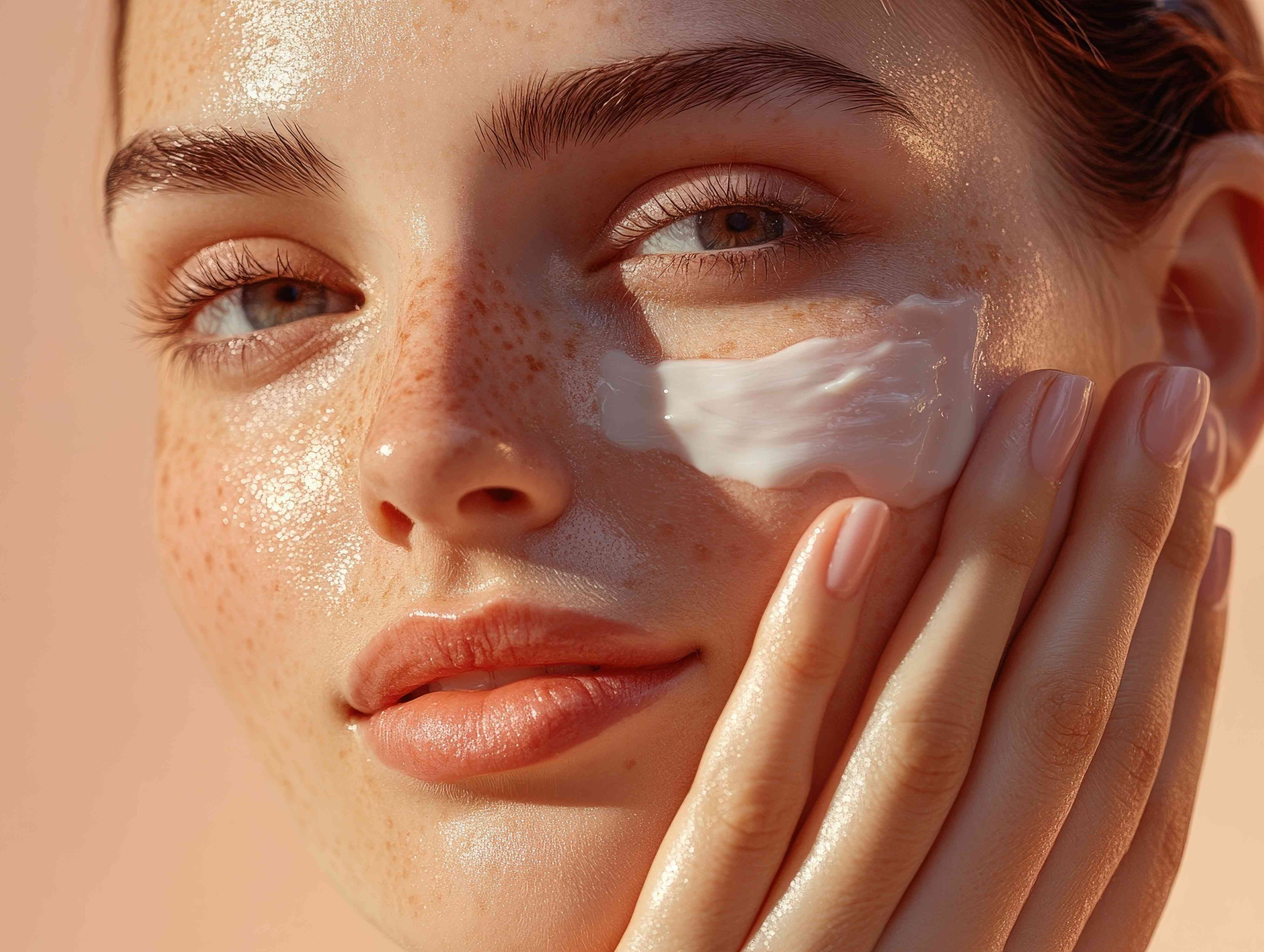
Skincare Interactions
When it comes to skincare, all of our favourite social media influencers recommend different serums and acids to use. But did you know that not all skincare ingredients play nicely together? Rather, some clash and cause irritations, breakouts or even long term skin damage. Understanding skincare interactions is crucial. Let's dive into the world of skincare interactions, why they matter and how to navigate them safely.
Why is this Important?
The skin is the largest organ in the body. For some, it's the tip of self confidence. Combining the wrong ingredients can disrupt your skin's natural barrier, cause sensitivity and become a waste of money on purchased products that cancel each other out. Knowing how products and ingredients interact can:
- ✓ Maximise effectiveness
- ✓ Minimise irritation
- ✓ Prevent unnecessary expenses on products that work against each other
- ✓ Help build a routine that is personalised and safe
Common type of Skincare Interactions
Vitamin C + Retinol
Vitamin C (ascorbic acid) focuses on antioxidant and UV protection whereas retinol focuses on cell turnover and repair. Whilst Vitamin C prefers a low pH or (~3-4) for optimal stability and absorption and retinol works best at a slightly higher pH (~5-6) for its conversion to retinoic acid, the skin has a buffering capacity, adjusting pH across different layers which helps prevent cancelling out each formulation's effectiveness. Layering these ingredients together can cause irritation, dryness or sensitivity, especially if used together too quickly or on sensitive skin.
So when can I use them? Vitamin C can be used in the morning for antioxidant protection and brightening, whereas retinol can be used at night for its cell renewal and anti-aging benefits.
Benzoyl Peroxide + Retinol
Both ingredients can cause dryness and irritation, especially during the adjustment phase, so using them together can irritate the skin barrier. Different retinoid families of medicines (on prescription) can support the management of acne with benzoyl peroxide use, however, it is recommended to alternate the use of over-the-counter benzoyl peroxide and retinol use.
So when can I use them? Use them on alternate days to allow your skin to recover between active ingredients. Using SPF the day after using retinol is crucial as your skin will be more sensitive to sunlight, increasing the risk of sun sensitivity and sun damage, and even long term damage like hyperpigmentation.
Vitamin C + AHA/BHAs
Both Vitamin C and exfoliating acids (AHAs like glycolic acid, and BHAs like salicylic acid) are known for their texture smoothing and skin brightening abilities. However, using them together can cause over-exfoliation and redness, further leading to a compromised skin barrier.
So when can I use them? Use them on alternate days, especially if you have sensitive or reactive skin. Separating these ingredients by at least 24 hours can reduce the risk of irritation and a broken skin barrier.
Copper peptides + Vitamin C/Retinol/Acids
Copper peptides are gaining popularity for their ability to support skin regeneration by stimulating collagen production to reduce fine lines and improve elasticity. However, they do not get along well with other active ingredients like Vitamin C, retinol or exfoliating acids because copper peptides are sensitive to pH and chemical environments. Mixing these active ingredients together can destabilise the peptide, reducing its effectiveness and increasing skin sensitivity.
So when can I use them? Use them on alternate days. Using copper peptides on nights when you are not using strong actives helps give your skin a recovery break.
Final Thoughts: Mastering Skincare Interactions for Healthier Skin
Understanding skincare interactions is not just for healthcare and beauty professionals - it's essential for anyone aiming to build an effective, irritation free routine. Whilst using active ingredients like Vitamin C, retinol, AHAs, copper peptides all offer incredible benefits to the skin, using them together without care can do more harm than good. The important key to take away is balance: know what works well together and what to avoid layering to unlock the full potential of your skincare routine and provide your skin with exactly what it needs.
Written by Syeda Ahmed, reviewed by Sorbi Khattak.